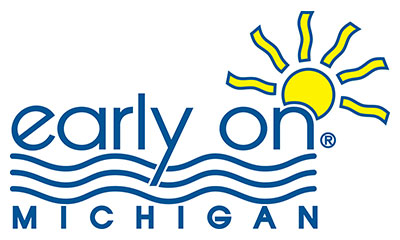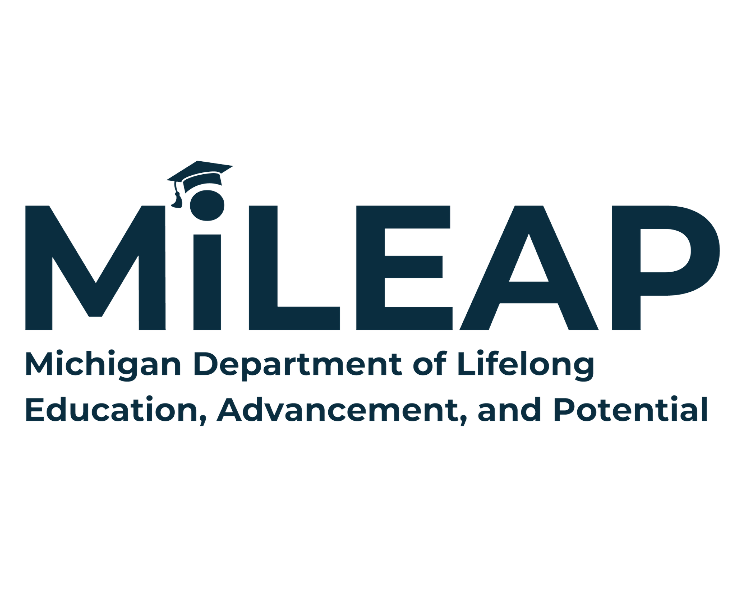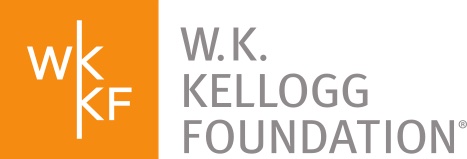MI-AIMH Conference Website (will be updated regularly): https://site.pheedloop.com/event/miaimh2024conference/home
- Scholarship applications are due March 11th
- Registration is OPEN – closes May 6th
- Sponsorship and Exhibitors are currently being accepted
- Use conference link above for all details, applications and to register!
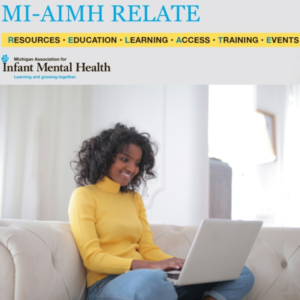
MI-AIMH is excited to launch MI-AIMH RELATE, our new learning management system (LMS) to host all of our training and professional development.
MI-AIMH RELATE is our new training & education hub for students and professionals working with or on behalf of infants, young children and families. Here are a few of the amazing benefits:
- Easy training registration – enter your information ONE TIME and then only need to sign in for future registrations!
- Access Anywhere Anytime – On-Demand videos and trainings will be available for viewing and purchase 24/7!
- Tracking – ability to access professional development certificates & transcripts – no more worrying about lost training certificates!
- Finances – training purchases will be available in your User Portal. You will be able to access and print past purchase receipts and invoices as needed. You will not need to reach out to MI-AIMH staff in order to locate your purchase details.
Click to go to MI-AIMH RELATE homepage: https://www.pathlms.com/mi-aimh
Available trainings will be listed on MI-AIMH RELATE under “Trainings” – showing in the top menu bar

March 2016
Parent Interactions with Children: Checklist of Observations Linked to Outcomes (PICCOLO) Training
The PICCOLO is a checklist of 29 observable behaviors in 4 domains. It is reliable, valid, easy to learn and practical to use. The PICCOLO is a tool that can be used to assess strengths, reveal needs, and monitor change. In this training participants will learn about the 4 domains of the PICCOLO and how to score the domains. Participants will learn how to identify how each parent shows their strengths and strategies and techniques to support positive parenting. What…
Find out more »DECA Infant and Toddler (4 weeks to 36 months) Webinar
This training is being offered in partnership between the Michigan Department of Community Health and Early On® Michigan. The DECA-C is a standardized, norm-referenced behavior rating scale that evaluates behaviors related to social and emotional resilience and concerns in preschool children ages 2 through 5. It is designed to support early intervention efforts to reduce or eliminate significant emotional and behavioral concerns in preschool children. The DECA-C can be used to (1) guide interventions, (2) identify children needing special services, (3) assess…
Find out more »DECA Clinical (ages 3-6) Webinar
The DECA-C is a standardized, norm-referenced behavior rating scale that evaluates behaviors related to social and emotional resilience and concerns in preschool children ages 2 through 5. It is designed to support early intervention efforts to reduce or eliminate significant emotional and behavioral concerns in preschool children. The DECA-C can be used to (1) guide interventions, (2) identify children needing special services, (3) assess outcomes, and (4) help programs meet IDEA, Head Start, and similar requirements. This tool is being…
Find out more »Infant/Toddler Attachment and Strategies to Foster Secure Adult-Child Relationships (Webinar)
Part of the Social and Emotional Webinar & Coaching Call Series Sponsored by Early On® & the Michigan Department of Community Health, Division of Mental Health Services to Children and Families Attachment—what it is, and strategies to foster secure adult-child relationship, Presenter: Mary Mackrain, Early Childhood Consultant, Michigan Department of Health and Human Service Who should attend: Staff working with infants, toddlers and families in the home or caregiving setting (child care, playgroups, etc.) or administrators who want foundational information regarding trauma informed…
Find out more »Early On & CMH Devereux Early Childhood Assessment for Infants and Toddlers (DECA I/T) Training
The DECA Infant Toddler Program is a strength-based assessment and planning system for children ages 4 weeks up to 36 months. Based on resilience theory, this comprehensive system is made up of a 5-step approach designed to support early childhood teachers, mental health professionals, home visitors and families in their goal of helping children develop healthy social/emotional skills and reduce challenging behaviors. Central to the DECA I/T Program is the DECA, a standardized, strength-based assessment of within-child protective factors including Attachment, Initiative and…
Find out more »April 2016
Early Childhood Trauma- Signs, Symptoms and Supports (Webinar)
Part of the Social and Emotional Webinar & Coaching Call Series Sponsored by Early On® & the Michigan Department of Community Health, Division of Mental Health Services to Children and Families What trauma is, the impact for young children, signs and symptoms, caregiving strategies to support resilience and referral options. Presenter: Mary Mackrain, Early Childhood Consultant, Michigan Department of Health and Human Service Who should attend: Staff working with infants, toddlers and families in the home or caregiving setting (child care, playgroups, etc.)…
Find out more »Assessment, Evaluation, and Diagnosis of Children Birth to Three Guided by the DC: 0-3R TM
Participants will learn about the assessment framework imbedded in the DC: 0-3R emphasizes unique developmental and relational needs of infants/toddlers in the context of their families. The multi-axial framework promotes diagnostic thinking that identifies contributions of constitutional (physical, health), medical/developmental, relational, psychosocial and functional social-emotional factors to clinical understanding of the child’s presentation of challenges and competencies. This framework promotes a thorough assessment process that is a foundation for clinical formulation of the factors that are contributing to overall child…
Find out more »Developmentally-Informed Diagnostic Thinking Guided by the DC: 0-3R: Using a DC: 0-3R to DSM – 5 Crosswalk Model to Facilitate Clinical Work With Children Age 0-5
Focusing on a new crosswalk model linking DC:0-3R axes to DSM-5, this case discussion session will introduce participants to a step-wise diagnostic thinking process for organizing assessment data to clarify diagnostic issues and prioritize treatment needs. The diagnostic thinking process helps to 1) operationalize developmentally informed, observation-based strategies for examination of presenting problems 2) ground diagnostic thinking in essential questions about a child’s functional social emotional competencies, developmental progression and relationship context, and 3) establish a strong connection between diagnostic…
Find out more »IDA Practicum Module 2
The Infant-Toddler Developmental Assessment (IDA) is a comprehensive, multidisciplinary, family-centered, infant-toddler evaluation process, which has been approved by Michigan Department of Education and may be used to determine eligibility for Early On Michigan and on-going assessment. The IDA is intended for use by professionals from various disciplines who are responsible for assessing the development of infants and toddlers. Module 2: Module 2 is offered in a one-day Practicum, in-person training, and will focus on the application of knowledge gained in…
Find out more »The Upper Peninsula Early Childhood Conference
SAVE THE DATE April 15th & 16th, Escanaba, MI 2016 Keynote Speakers: Jim Harris & Jason Koteki Proposals being accepted until January 31, 2016. Registration opening soon. For more information, visit: http://www.upecc.org
Find out more »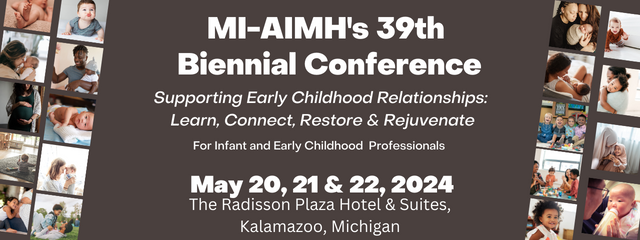
 13101 Allen Road
Southgate, Michigan 48195
tel: 734.785.7705 x7194
fax: 734.287.1680
13101 Allen Road
Southgate, Michigan 48195
tel: 734.785.7705 x7194
fax: 734.287.1680


